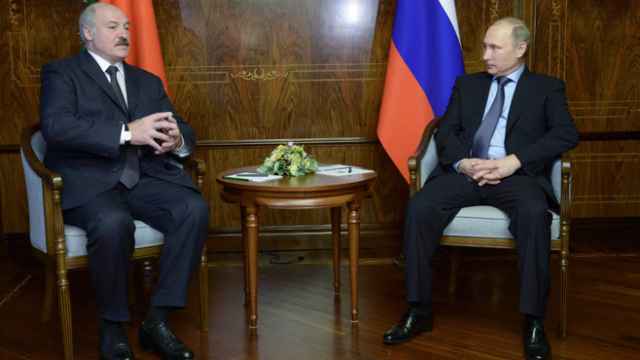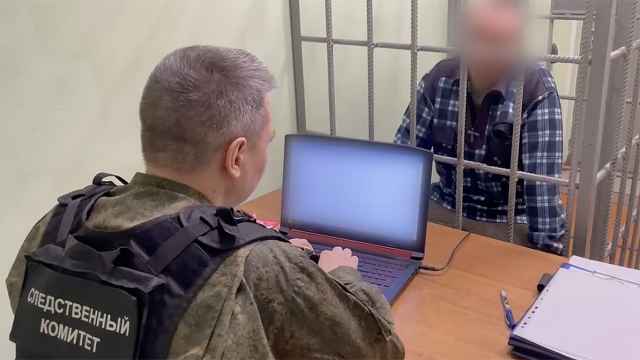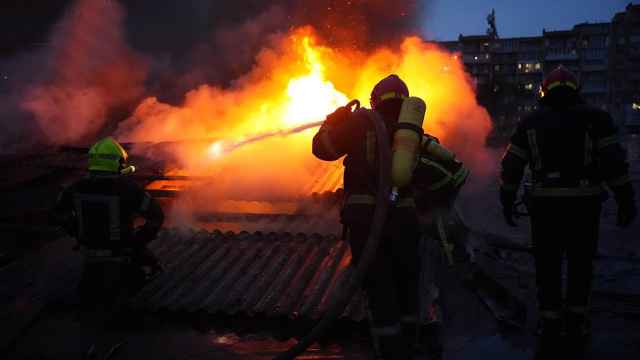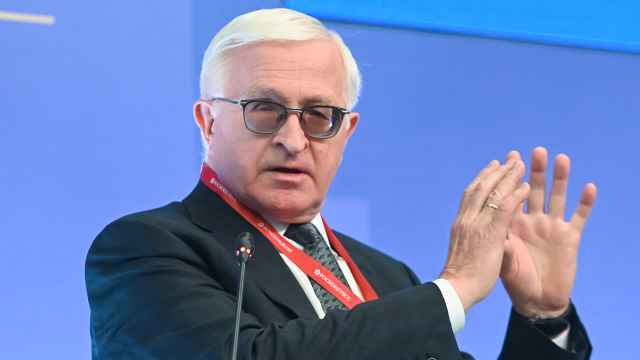WASHINGTON — President Barack Obama and German Chancellor Angela Merkel huddled at the White House Monday to evaluate the prospects of reviving an elusive peace plan to end the conflict between Ukraine and pro-Russian separatists.
Hanging over the discussions was a potential split between Obama and Merkel on sending Ukraine defensive weapons to wage a more effective fight against the rebels. The White House has said Obama is reconsidering his opposition to arming Ukraine given a recent surge in violence, while Merkel has adamantly opposed such steps.
The United States and Europe have largely been in lockstep in their response to the conflict between Russia and Ukraine, raising the prospect that the public divide on lethal aid was merely a tactic to push Russian President Vladimir Putin to accept a peace plan.
Merkel and French President Francois Hollande met with Putin and Ukrainian leaders last week and announced a new summit meeting for Wednesday in Minsk. The United States will not be at the table when French and German leaders meet with Ukrainian President Petro Poroshenko and Putin in an attempt to breathe life into a much-violated September peace plan.
The European Union decided Monday to temporarily hold off on slapping more sanctions on Russians and Ukrainian separatists while awaiting the outcome of the peace talks.
"The principle of the sanctions is maintained but the application will depend on what happens on the ground," French Foreign Minister Laurent Fabius said during a break in talks with EU foreign ministers in Brussels.
The meeting in the Belarussian capital takes place with Merkel and Hollande deeply opposed to arming Ukraine in its bid to push back the separatists that NATO and the United States insist are being armed by Russia, which also has troops fighting in the eastern Ukraine. The White House has let it be known that Obama, who had resisted calls to send arms, was now considering doing just that.
Opponents of arming Kiev believe that could open a proxy war between Washington and Moscow. Merkel and Hollande insist the only way to end the conflict is through diplomacy.
On Monday, a powerful explosion rocked a chemical plant and set it on fire outside the separatist stronghold of Donetsk in eastern Ukraine. Rebels said the plant was hit by government shelling.
On another topic, it remains to be seen whether Merkel will again raise the issue of past National Security Agency tapping of her phone and the expulsion of Washington's top spy from Berlin after the Germans discovered one of its intelligence agents had passed about 200 documents to the CIA. While the issue has not been a top priority for the German government lately, it continues to bubble along and casts a cloud over U.S.-German ties, arguably the most important bilateral relationship in NATO.
A Message from The Moscow Times:
Dear readers,
We are facing unprecedented challenges. Russia's Prosecutor General's Office has designated The Moscow Times as an "undesirable" organization, criminalizing our work and putting our staff at risk of prosecution. This follows our earlier unjust labeling as a "foreign agent."
These actions are direct attempts to silence independent journalism in Russia. The authorities claim our work "discredits the decisions of the Russian leadership." We see things differently: we strive to provide accurate, unbiased reporting on Russia.
We, the journalists of The Moscow Times, refuse to be silenced. But to continue our work, we need your help.
Your support, no matter how small, makes a world of difference. If you can, please support us monthly starting from just $2. It's quick to set up, and every contribution makes a significant impact.
By supporting The Moscow Times, you're defending open, independent journalism in the face of repression. Thank you for standing with us.
Remind me later.





